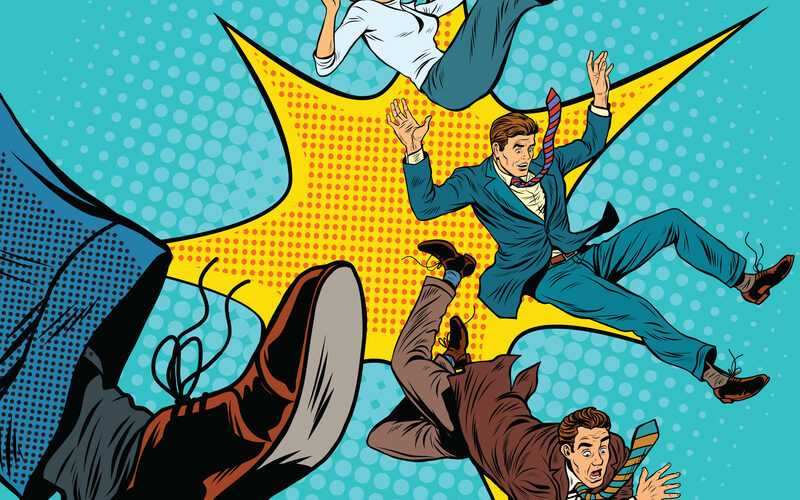The days when employees needed to come to the organization with all the skills and…

There is always one in the office. You know them. They are funny, humorous and affectionately known as the ‘Office Clown.’ They are always popping into the office with a quick joke or interjecting their humor during meetings that break the flow of business. We give them a bit of latitude and faintly acknowledge their quips with polite laughter. But when they are out of earshot, people tend to roll their eyes and quietly wish they could hold off the late night comedy routines. The question is – what is the impact of the ‘office clown?’
Leadership Status With Humor
Traditionally, when screening professionals for leadership roles, a sense of humor has always been a staple characteristic in the selection process. We agree on the fact that a person that has a good sense of humor will be able to negotiate human relationships across the organization. That sense of humor is also beneficial along with a bit of a self deprecating sense that makes them more open and connected with others.
Recently, the Wharton School of Business did a study to understand the effects of humor on status in the workplace. The goal of the study was to determine how humor can significantly shape and influence our perception of others. There are many examples of where humor has both propelled and torpedoed the careers of many business professionals. Needless to say, the study found that humor can be a risky business. It can signal a certain higher level of individual confidence and professional competence, when used appropriately in a measured way. When overused or used in poor taste, it diminishes the perceived competence of the user. The key is that when perceived competence is lowered, it adversely affects the professional standing of the humorous professional.
The Power of Humor
The results of this study clearly demonstrates the power of humor in the workplace, when appropriately tempered. One of the more enlightening conclusions from the study was they were not only perceived as more competent and confident, but also were more likely to be seen as a leader. Thus, appropriate humor not only affected the perception, but it affected the behavior related to humor. Inappropriate use of humor can clearly cause people to come off so badly that they lose. Appropriate use of humor, done in good taste, clearly becomes a powerful tool on professional leadership relationships.




Comments (0)